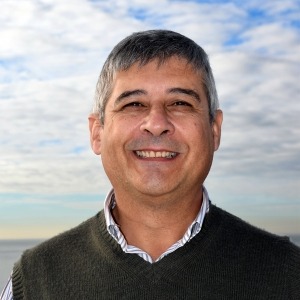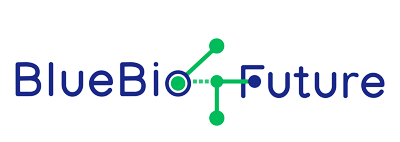

Group Leader
Doutoramento em Biologia, Universidade do Porto, 1988. Licenciatura em Biologia, Universidade do Porto, 1981.
Situação profissional atual: Professor Catedrático da Faculdade de Ciências da Universidade do Porto, desde 1998. Coordenador do Grupo de Nutrição e Bem-Estar de Peixes – NUTRIMU, do CIIMAR
Diretor do Mestrado em Recursos Aquáticos Biológicos, Faculdade de Ciências da Universidade do Porto. Codiretor do programa de doutoramento em Biologia.
Editor-in-Chief: Aquaculture Journal
Associate Editor of: Aquaculture; Animal Feedstuffs and Technology; Journal of the World Aquaculture Society
Domínio de especialização: Nutrição de Peixes
Interesses científicos: Nutrição de peixes marinhos de interesse para a aquacultura.
Principais temas de investigação: Necessidades e metabolismo de proteínas e aminoácidos. Metabolismo de carboidratos e lípidos. Ingredientes alternativos à farinha e ao óleo de peixe para uso em rações para aquacultura. Estratégias nutricionais para melhorar a saúde e o bem-estar dos peixes. Imunologia. Microbiota intestinal. Uso de nutracêuticos na nutrição de peixes.





